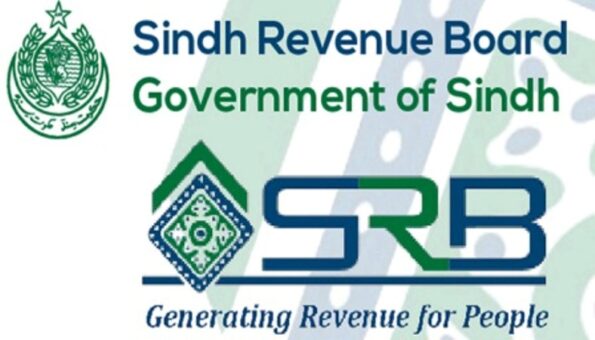KARACHI: Sindh Revenue Board (SRB) on Monday issued procedure for collection of sales tax on services on renting of machinery, equipment, appliances and other tangible goods.
The SRB issued the rules for the levy, collection and payment of tax on the renting of machinery, equipment, appliances, and other tangible goods.
(1) This rule shall apply to the persons providing or rendering and also to the persons procuring or receiving the services of renting of machinery, equipment, appliances and other tangible goods as described against tariff heading 9806.6000 of the Second Schedule to the Act:
Provided that this rule shall not apply in the cases of the services of commodity or equipment leasing, hire purchase leasing and rent a car and automobile rental service as described against tariff headings 9813.3020, 9813.3030 and 9819.3000, respectively, of the Second Schedule to the Act.
(2) The rate of tax shall be 5 percent as prescribed against tariff heading 9806.6000 in the Table of notification No. SRB-3-4/8/2013 dated the 1 st July, 2013, subject to the conditions and restrictions prescribed therein.
(3) The liability to deposit the sales tax shall be:-
(a) on the person providing or rendering the services in the case the services are provided or rendered by a person in Sindh or from the place of business in Sindh; and
(b) on the person procuring or receiving the service in the case the where the services is procured or received from a person not resident in Pakistan.
(4) The amount of the sales tax involved shall be deposited in Sindh Government’s head of account “B-02384” by the 15th day of a month following the tax period to which it relates.
The tax return, in the prescribed form, shall be e-filed within 3 days from the due date of payment.
(5) The service providers shall maintain the records as are prescribed under the Act and the sub-rule (2) of rule 29.
In addition, the service provider shall also maintain an account of the stock of machinery, equipment, appliances and other tangible goods possessed by him for provision of the service. In addition, the service recipients procuring or receiving the services from the service providers not resident in Pakistan shall also maintain the record prescribed under the Act or rule 29(2).
(6) The services providers shall issue tax invoices in accordance with the provisions of rule 29(1).

